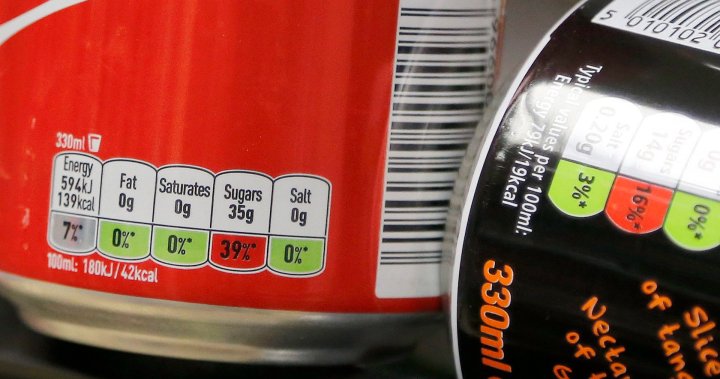
Ultra-processed foods are wrecking your health, study says. Here’s how
Global News
A review of hundreds of epidemiological studies has found that higher exposure to ultra-processed foods is associated with an increased risk of 32 damaging health outcomes.
Ultra-processed foods are shortening lives and worsening people’s health on at least 32 major health parameters, a new study has found.
A review of hundreds of epidemiological studies published in the British Medical Journal on Wednesday has found that higher exposure to ultra-processed foods is associated with an increased risk of 32 damaging health outcomes including cancer, major heart and lung conditions, mental health disorders, and early death.
These outcomes span mortality, cancer, and mental, respiratory, cardiovascular, gastrointestinal, and metabolic health outcomes.
The report carried out an “umbrella review (a high-level evidence summary) of 45 distinct pooled meta-analyses from 14 review articles associating ultra-processed foods with adverse health outcomes.”
These review articles were all published over the last three years and involved nearly 10 million participants.
“Greater exposure to ultra-processed food was associated with a higher risk of adverse health outcomes, especially cardiometabolic, common mental disorder, and mortality outcomes,” the report said
The report noted that ultra-processed foods, which include packaged baked goods and snacks, fizzy drinks, sugary cereals, and ready-to-eat or heat products undergo multiple industrial processes. As a result, they contain colours, emulsifiers, flavours, and other additives.
According to the review, ultra-processed foods were linked to a 50 per cent increased risk of cardiovascular disease-related death, a 48-53 per cent higher risk of anxiety and common mental disorders, and a 12 per cent greater risk of type 2 diabetes.

Many kids and teens are looking forward to the holidays with great excitement, but others find it a difficult time of year filled with anxiety, stress and loneliness. It’s something Alisa Simon, the chief youth officer at Kids Help Phone, says they watch for when school pauses for the winter break, noting, “we do see an increase...










